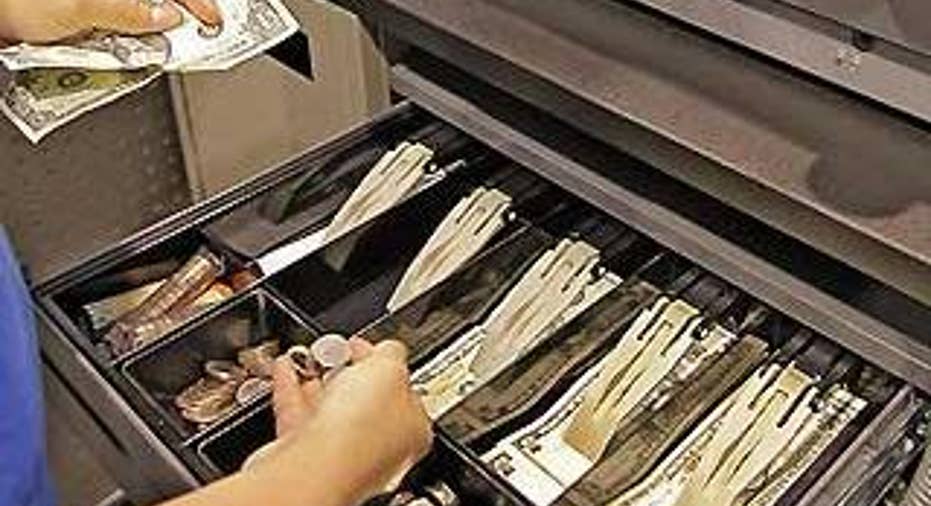Audit Tips for a Cash-Based Businesses

No one likes to be the center of an audit, but small businesses that deal primarily in cash may find themselves under the IRS’ scrutiny more often than other companies. The IRS realizes that a considerable amount of cash income is not reported on small businesses’ tax returns. In turn, it has developed techniques to uncover hidden stores of cash. Here is what they look for:
Initially, the auditor performs a thorough pre-audit analysis, and will take a look at the tax return and consider the following lifestyle tells:
- The taxpayer’s address reveals a lot about the amount of income needed to secure the lifestyle. For example, if the address is Beverly Hills, and the taxpayer’s cash-based business income is only $30,000 for the year, eyebrows will go up and explanations will be sought. The auditor will check out the property tax statement for the residence and compare it with the deduction on the tax return. If the deduction is higher, the taxpayer may own other properties.
- DMV fees will indicate what kinds of cars are parked in a taxpayer’s garage. A search of vehicle registration records shows information on other vehicular assets such as motorcycles, recreational vehicles and boats.
- The auditor will also evaluate interest income to determine the amount of cash holdings and how those stack up with reported income. The auditor will also look on Schedule B to see if the “foreign bank accounts” question has been answered.
- Interest expense – mortgage and interest expense deductions will be reviewed in light of whether or not there is sufficient income to repay debt.
- Also on Schedule A, the auditor will analyze miscellaneous deductions to see if any large gambling losses are declared.
- Industry standards are measured against the taxpayer’s Schedule C or Schedule F bottom line.
- Schedule D and the depreciation schedules will reveal the buying and selling of capital assets including stock, all with an eye to determining the source of funds for the original investment.
These seven tasks are accomplished before you ever meet the auditor face to face. When the auditor arrives to dissect your books, the first thing she will look at is how you record your sales and she will check to see if all of the sales are deposited into the bank.
A sampling of Z tapes (if you have a cash register) or sales invoices will be matched against bank deposits. She will check to see if the invoices are numbered. And of course, the auditor will total the bank deposits to compare against the sales that were declared. If bank deposits for the year total $200,000 and you list $75,000 in sales on the tax return, the auditor will expect documentation to support the unreported $125,000 difference.
An estimation of inventory turnover cross-checked against vendor invoices will be measured against sales for consistency. So if your inventory was reduced by 100 units, but your sales for the same period reflect only 50 units sold, you’ll have some ‘splaining to do, Lucy.
The agent will also measure consistency of inflows and out flows. For example, is the profit low but massive amounts of debt have been repaid or new equipment was put into service without financing or personal expenditures were excessive, especially for vacations or luxury items? How was this facilitated? An auditor can tell a lot by looking at the balance sheet and comparing it to prior years for radical changes in entries that reflect the items listed above.
The examiner will also cast an eye to what she thinks the business should be earning. She will consider the location of the business – is it accessible to a large market? She will attempt to determine if there are specialty items for a select clientele. She will count the number of employees and find out what the duties are of each, count the number of cash registers, trucks, chairs, etc. she will look at pricing and age of the business to determine the value of established goodwill.
Then there’s the issue of “other income.” The auditor will consider the following:
- Can the operation produce a saleable by-product such as scrap, farm products, and rebuilt items? Are sales reported for these items on the books and tax return?
- Are there vending machines or gaming machines? If so, are the proceeds deposited into the bank?
- Is there a potential for barter and if so, is the barter income declared?
- Are there potential sub-operations like snack bars, repairs, appraisals, accessories, etc., that are not listed on the tax return or in the books for that matter.
- What about sub-leases or rentals that aren’t declared?
- Kickbacks, rebates paid or received?
As you can see, an audit, especially of a cash-based business, may involve more than matching up the income and expenses declared on your books. The auditor becomes Sherlock Holmes in an attempt to discover unreported cash sales.
Bonnie Lee is an Enrolled Agent admitted to practice and representing taxpayers in all fifty states at all levels within the Internal Revenue Service. She is the owner of Taxpertise in Sonoma, CA and the author of Entrepreneur Press book, “Taxpertise, The Complete Book of Dirty Little Secrets and Hidden Deductions for Small Business that the IRS Doesn't Want You to Know.” Follow Bonnie Lee on Twitterat BLTaxpertise and at Facebook.



















